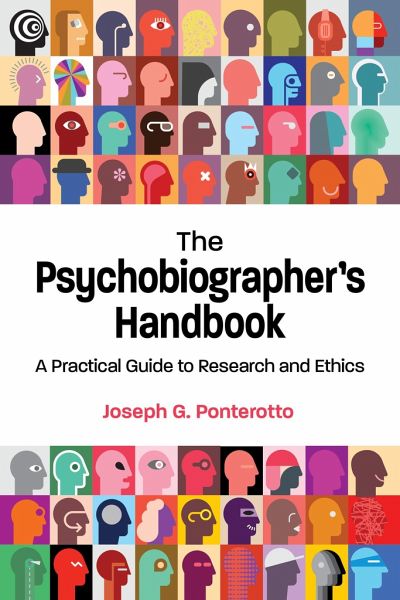
The Psychobiographer's Handbook
A Practical Guide to Research and Ethics
Versandkostenfrei!
Versandfertig in 2-4 Wochen
84,99 €
inkl. MwSt.

PAYBACK Punkte
42 °P sammeln!
A dynamic manual on psychobiographical research merges psychological theories with historical context to explore the emotional lives of prominent figures. It guides readers through subject selection, ethical data collection, and analytical methods, enriched by classic examples from renowned investigations.


